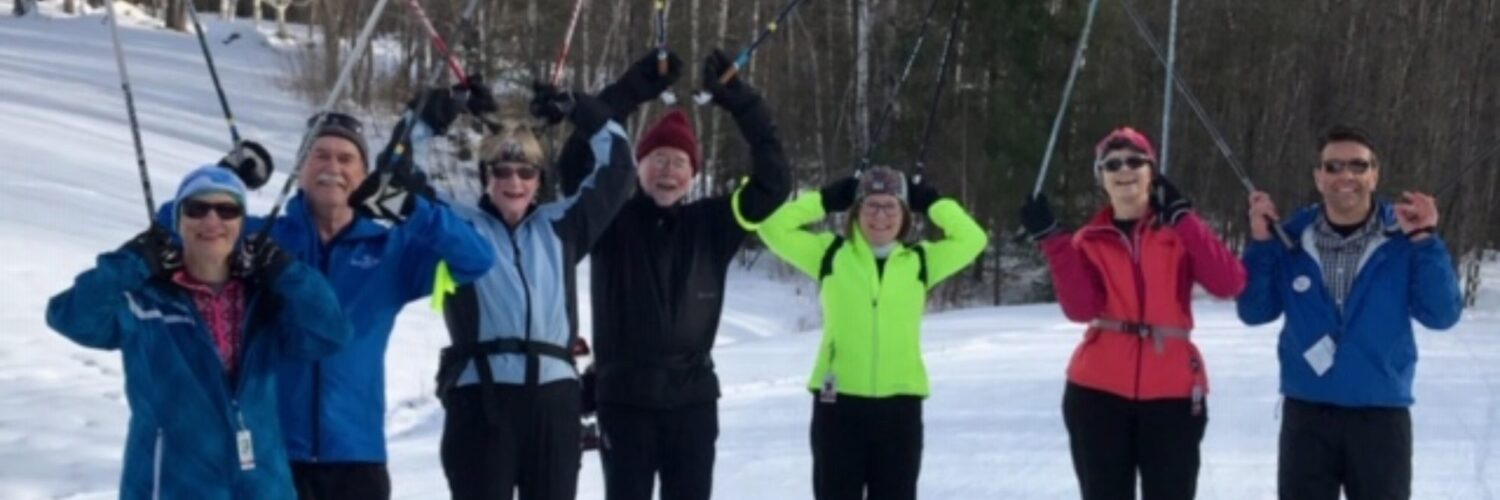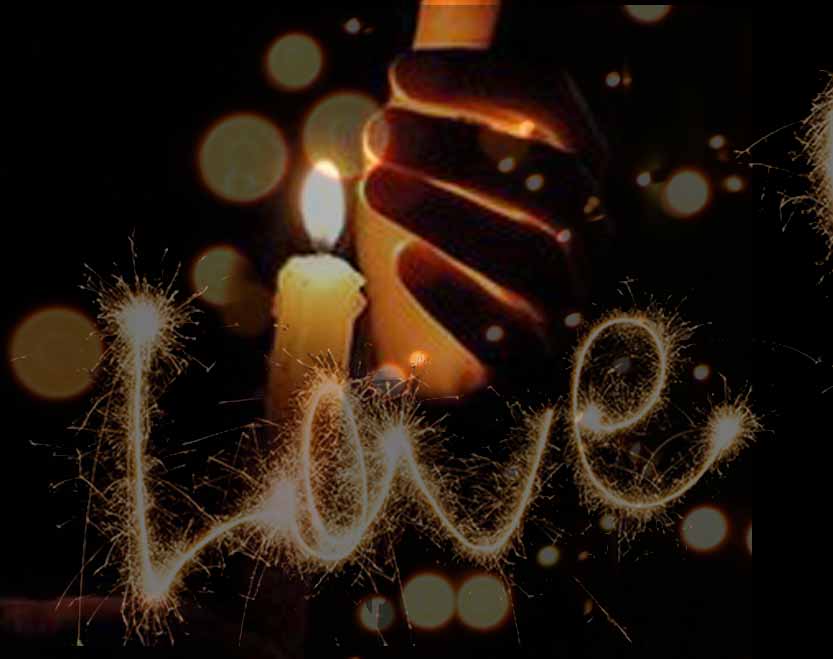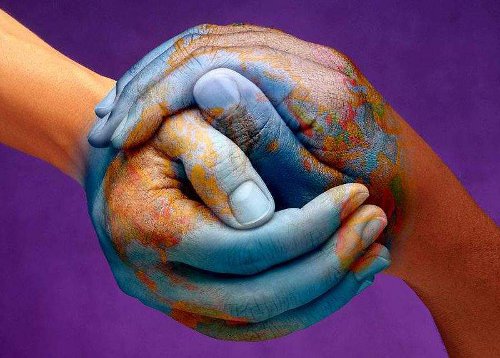Reflections on Advent 4: Love (plus longest night, resistance songs, Blue Christmas)
This week, Mary’s song, one of four found in the Gospel of Luke, is a song of praise and resistance, an expectation for justice and change. In times when we wonder whether to expect transformation, we are reminded to work for change, and to recall that we are lights in the darkness. How will you […]


